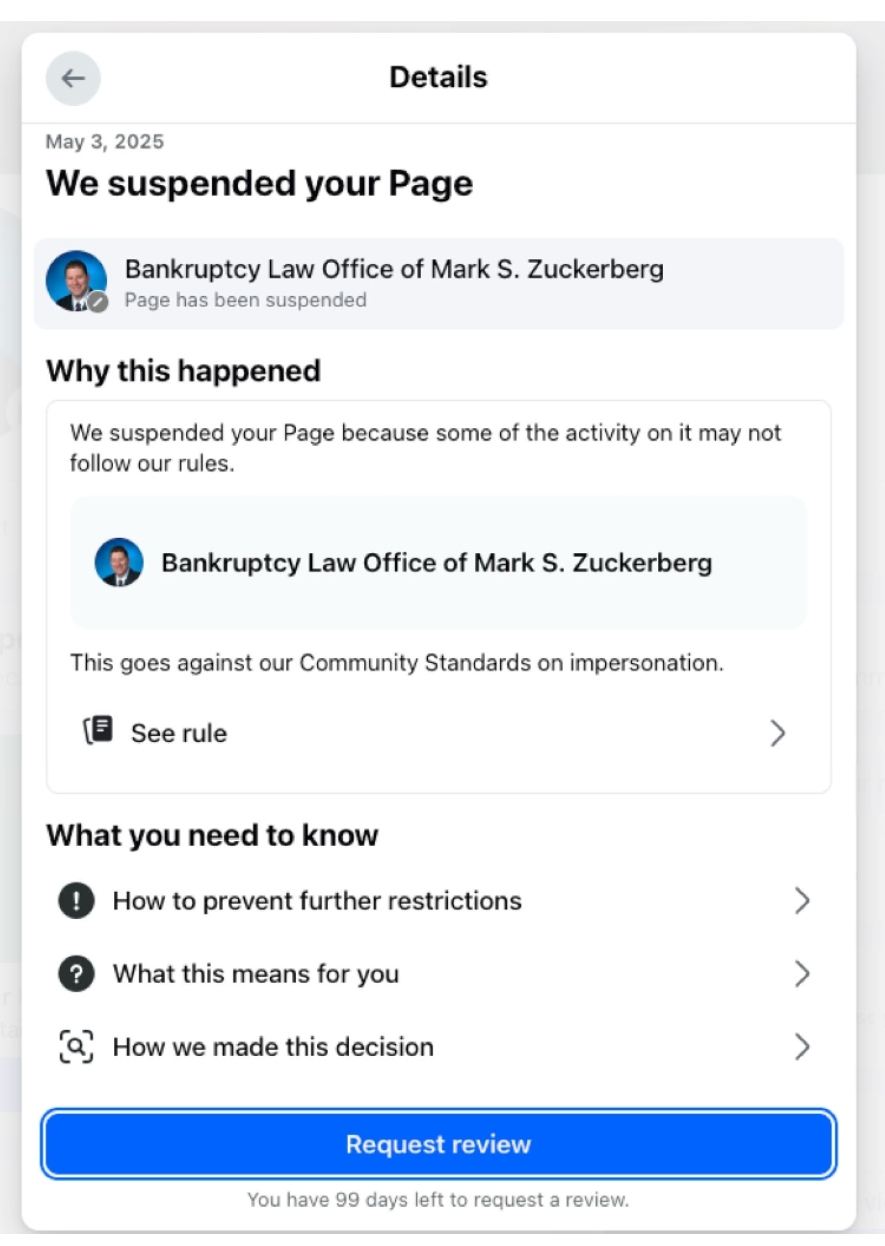Back
Karunakar
1% Better • 1y
Why Most People Fail at Business (And How to Succeed) The Tale of Two Entrepreneurs: David and Mark David and Mark were childhood friends who shared the same dream—to start their own businesses and achieve financial freedom. At the age of 25, they both quit their jobs and jumped into entrepreneurship. Five years later, their paths looked vastly different. David was drowning in debt, his business had collapsed, and he had returned to a 9-to-5 job. Mark, on the other hand, had built a thriving business that was growing steadily. What made the difference? The Reasons Why Most People Fail 1. Lack of Clear Vision David started his business without a concrete plan. He simply followed trends, hoping to make quick money. When the market changed, he had no direction. Mark, on the other hand, had a clear vision. He knew why he was starting the business, who his target customers were, and where he wanted to take his company in five years. 2. Poor Money Management David spent recklessly on fancy office space, expensive marketing, and unnecessary hires before making his first real profit. When cash flow problems hit, he had no reserves to sustain his business. Mark, however, was financially disciplined. He reinvested wisely, built a lean business model, and ensured his company could survive tough times. 3. Fear of Failure and Inaction Whenever David faced setbacks, he doubted himself and hesitated to make tough decisions. He feared failure so much that he avoided risks altogether. Mark understood that failure was part of the game. He learned from his mistakes, pivoted when necessary, and took calculated risks to move forward. 4. Lack of Consistency David would start projects and abandon them midway. He frequently switched business ideas, hoping to find a "gold mine" overnight. Mark, however, stayed consistent. Even when results were slow, he kept refining his strategies and stayed committed to his mission. 5. Ignoring Customer Needs David built his business based on what he liked rather than what the market needed. His product had no real demand, which led to failure. Mark took time to understand his customers. He listened to feedback, improved his offerings, and ensured his business provided real value. How to Succeed in Business Like Mark Develop a Clear Vision and Plan – Define your mission, target audience, and long-term goals before launching. Master Financial Management – Keep expenses low, reinvest profits wisely, and always have a financial buffer. Embrace Failure as a Learning Tool – View failures as lessons, not setbacks. Adapt and improve constantly. Stay Consistent and Patient – Overnight success is a myth. Focus on long-term growth rather than quick wins. Solve Real Problems – Build a business that provides genuine value, not just something that seems trendy.
Replies (3)

More like this
Recommendations from Medial
CEO Dr Abhishek Bhatt
World wide daily new... • 1y
Once upon a time, in the bustling city of Delhi, there was a man named Dr. Abhishek Bhatt. Not only was he a CEO of a successful company, but he was also a PhD history gold medalist from Delhi University. His intellect and wit were unmatched, making
See MorePRATHAM
Experimenting On lea... • 5m
Imagine sharing your name with a tech billionaire and getting banned from his platform. That’s the wild tale of Mark Zuckerberg, an Indiana lawyer, who’s suing Meta’s CEO, Mark Zuckerberg, because Facebook keeps confusing them, costing him business.
See More
Account Deleted
Hey I am on Medial • 1y
"Ratan Tata was an exemplary leader who transformed the Tata Group into a global powerhouse. Known for his vision, integrity, and humility, he led the company through pivotal acquisitions like Jaguar Land Rover and Corus Steel, expanding its global f
See More
ReepinderGoyal
Hungry? DM me • 1y
Medial Game Series: 2 This business was started by an engineer, and he quit his job because he wanted to launch a startup..but he was stuck...So he asked someone, what he should do and then while seeking advice he got a idea and launched his startu
See MoreSuman solopreneur
Exploring peace of m... • 1y
lesson from millionaire fastlane Rahul was seated on the hospital bench, the doctor’s voice echoing in his mind: “If only he had arrived earlier.” The health scare of his father made him understand that he had been pursuing wealth while ignoring wh
See MoreDownload the medial app to read full posts, comements and news.























/entrackr/media/post_attachments/wp-content/uploads/2021/08/Accel-1.jpg)
















